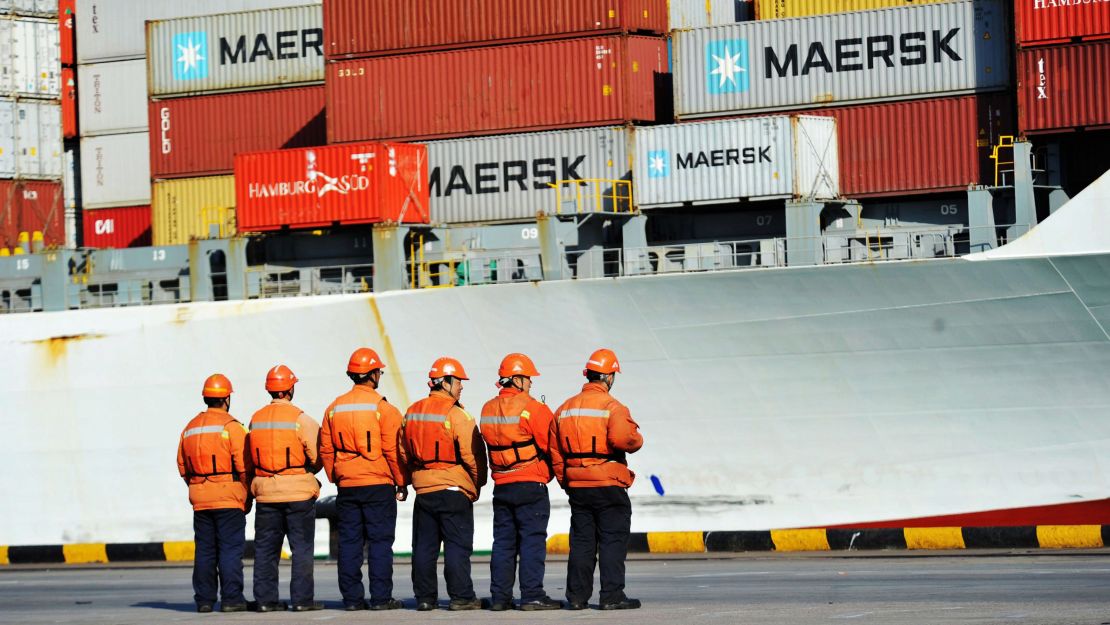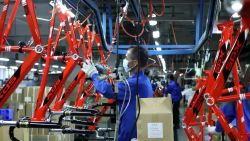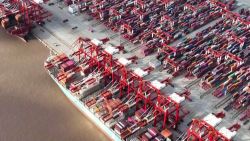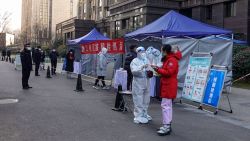China’s beaten-down stock market had its best day in more than two and and a half years on Monday.
The benchmark Shanghai Composite index surged more than 4% after a rare concerted intervention by senior officials to talk up the country’s struggling economy and markets.
China is one of the world’s worst performing stock markets this year. The Shanghai index is down more than 25% since late January, hurt by fears about the economy and the impact of the trade war with the United States.
But investors have been re-energized by a recent attempt by top Chinese economic and financial officials to ease investors’ concerns.
“It’s rare to see officials make this kind of public comment on the stock market,” said Dickie Wong, head of research at Hong Kong-based stock broker Kingston Financial. “It’s definitely boosting market sentiment.”
Monday’s 4.1% jump, the biggest since March 2016, brings the Shanghai index’s gains to nearly 7% over the past two days of trading.
On Friday, central bank chief Yi Gang said that the recent slump in the stock market didn’t reflect the state of the economy, which he described as “moving forward” in a stable manner. He added that the government would take more measures to support the economy. Similar comments were made by the heads of China’s securities and banking regulators and President Xi Jinping’s top economic adviser.
Their words came as official data showed that the Chinese economy expanded 6.5% in the third quarter, its weakestgrowth since the depths of the global financial crisis. On Saturday, Xi promised “unwavering” support for China’s private sector.

Some investors are interpreting the comments as a sign Beijing could take measures to prevent the market falling further, according to Wong.
During 2015’s stock market crash, state-run funds stepped in with large-scale stock purchases in an attempt to prop up markets.
Wong said he hadn’t yet seen any evidence of similar actions this year. But Chinese investors are becoming more optimistic that stocks could stage a recovery in the final months of the year, he added.
The upbeat mood also helped lift Hong Kong’s Hang Seng Index, which gained more than 2% on Monday as big Chinese tech stocks like Tencent (TCEHY) and Xiaomi rebounded from recent losses.
Beijing has already turned to tax cuts, infrastructure spending and looser monetary policy as it seeks to prop up economic growth.
On Saturday, the government announced new plans to reduce personal income taxes.
Some brokers said the measures were bigger than expected, but analysts at investment bank Nomura cautioned in a research note Monday that they were “not sufficient to stimulate the weakening economy.”
The analysts predicted “more substantial tax reforms” in the coming months.
























